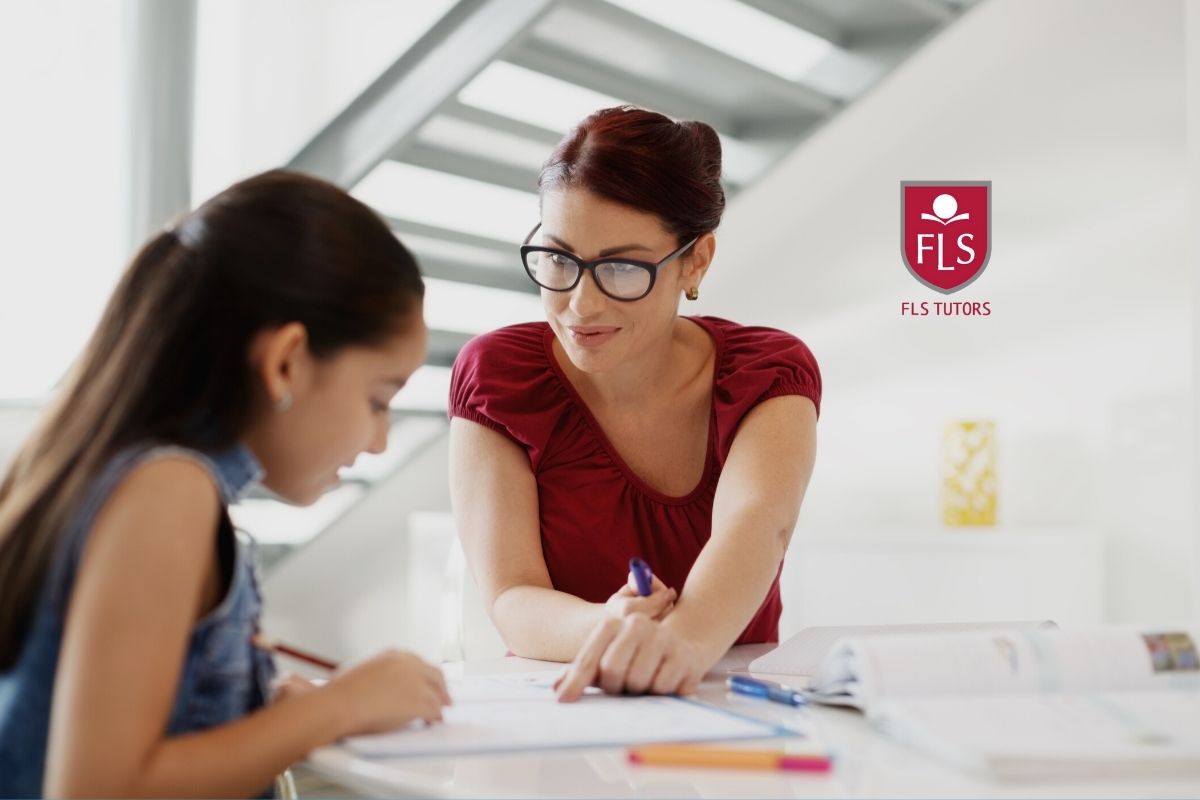The announcement that schools in California and many other parts of the country will remain closed throughout 2020 has sent parents scrambling to look for alternatives. Public schools have addressed closures universally through remote learning, but many parents feel that for full classes of up to 25 and even 30 students, it is largely ineffective. For many parents with kids in K-4th grade, Zoom has not inspired confidence. Children have been unable to absorb the information being taught. Not only that, but public school implemented remote learning still requires parents watch their children the entire time which often just isn’t possible. As a result, learning pods are quickly generating curiosity and excitement.
What are Learning Pods?
Learning pods are smaller groups of 2-5 children organized by parents. The children are instructed by a teacher in a home, a back yard, a park or virtually. The curriculum follows state guidelines as a foundation with parents being able to choose extra subjects to cover according to their child’s needs, goals, and interests. Some parents want homeschooling since they feel paying full tuition for private school completely administered via Zoom classes isn’t financially worthwhile. Others prefer to follow the curriculum that their school is offering so they don’t lose their place in the school for when in-person classes resume.
Who are Learning Pods Best for?
Learning pods are best suited for parents who:
- Are unhappy with what schools are able to offer
- Value a personalized education
- Need the flexibility due to non-conventional work or travel needs
- Are worried about the spread of Covid-19 in areas where schools are reopening (see below)
Related: FLS Tutors – Services
The Benefits of Learning Pods
Now that we know what learning pods are, you might be wondering if joining one is the right your child. That will be your decision to make, but here are some of the benefits that learning pods provide:
- Tailored approach – Because of the reduced class size in learning pods, teachers can use different methods and address each student’s learning needs more effectively.
- Flexibility – Location, hours, electives, and choice of teacher are all in the hands of parents.
- Cost-savings – Learning pods allow several parents to split the costs rather than hiring a private teacher or online tutor individually.
- Socialization – School is the place where many children see their friends most often. The sudden disruption has many children feeling lonely and many parents concerned about the development of their child’s social skills. In addition, a large contingent of high-achieving students have personalities that benefit from the competitive nature of learning right alongside their peers. Learning pods provide socialization that the Zoom classes offered by public schools cannot.
Are Learning Pods Safe?
Some parents are looking into learning pods because of school closures while others are looking into them because schools are opening. Why is that? The current Covid-19 pandemic is a reality that we can’t avoid. Learning pods allow children to be safer by avoiding the closed-air environments of public schools. Also, they drastically reduce the number of students, teachers, and staff members each child comes into contact with.
Consider that in a typical day of public school, a student will:
- Visit up to five or more class rooms with 25-30 students each
- Sit in and work off of a desk where several other children have sat
- Eat in a lunch room with 200 or more other students
- Touch an unknown number of surfaces
A learning pod, on the other hand, can take place outdoors with one teacher and a few other children. Also, the small number of people involved means that parents, teachers and students are able to follow best practices for sanitation.
State Guidelines on Transcripts and Accreditation
Parents who choose to homeschool and form a learning pod will have to follow state guidelines on homeschooling. You can find these guidelines on the department of education website for your state. California residents can find that information here. For parents working with FLS Tutors, we oversee and ensure that all compliance requirements are met for you.
Related: Homeschooling: Benefits and Top Tips for Success
Learning Pod Considerations
For parents who are starting a learning pod, we believe that some considerations are:
The teacher(s) – Evaluate your child’s strengths, weaknesses and interests. Then look into whether the teacher you are considering is strong in the needed areas. FLS Tutors can help by providing you with a custom match based on our assessment and consultation.
Time allotment – Parents who homeschool have found that the tailored approach meant they could cover a typical school day’s worth of learning in much less time. You will have to weigh the benefits of a shorter day versus increased learning.
Exclusivity – Some teachers may offer a commitment of exclusivity to not teach other pods in order to minimize Covid-19 risks. This could affect the compensation needed and/or the minimum number of hours a teacher would need to be hired for.
Environment – Parents should consider whether their child will benefit more from a relaxed environment or recreating a classroom environment.
Acceptance to future schools – If you’re looking to send your child to a prestigious high school in the future for example, we recommend contacting an admissions representative for their advice. As for universities, Business Insider has actually found that students who were homeschooled performed better on the SAT and ACT. Moreover, they graduated from college at rates up to 8% higher than their public school educated counterparts.
Bottom Line
Learning pods are a popular alternative for many parents either because of school closures or concerns over Covid-19. They have some wonderful benefits and could be part of the conversation around education for some time. If you still have questions about learning pods, contact us for a consultation. FLS Tutors is a premier educational services institution that has remained family owned to this day since its founding in 1986 by owner Francine Swain.


Permalink